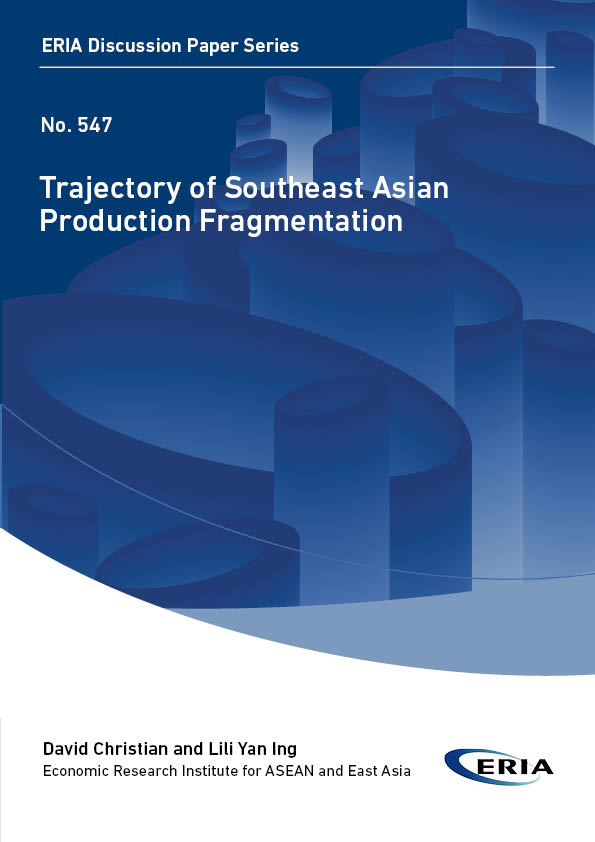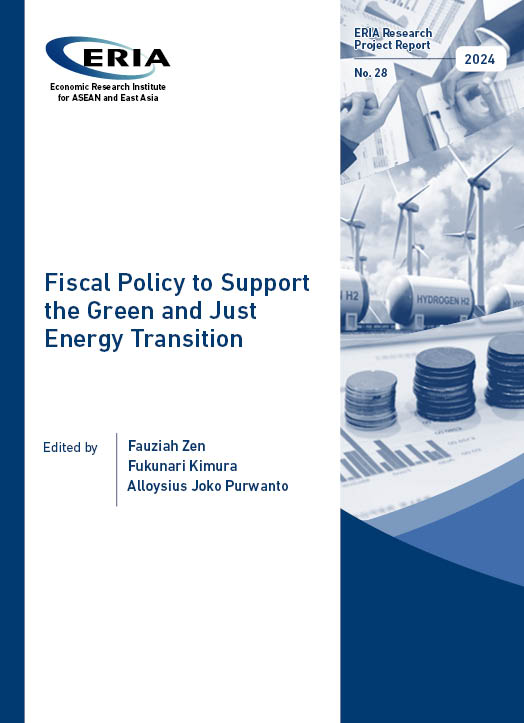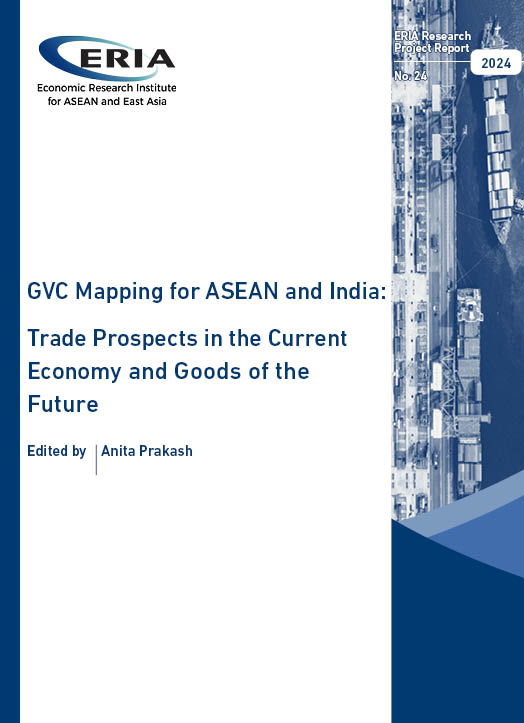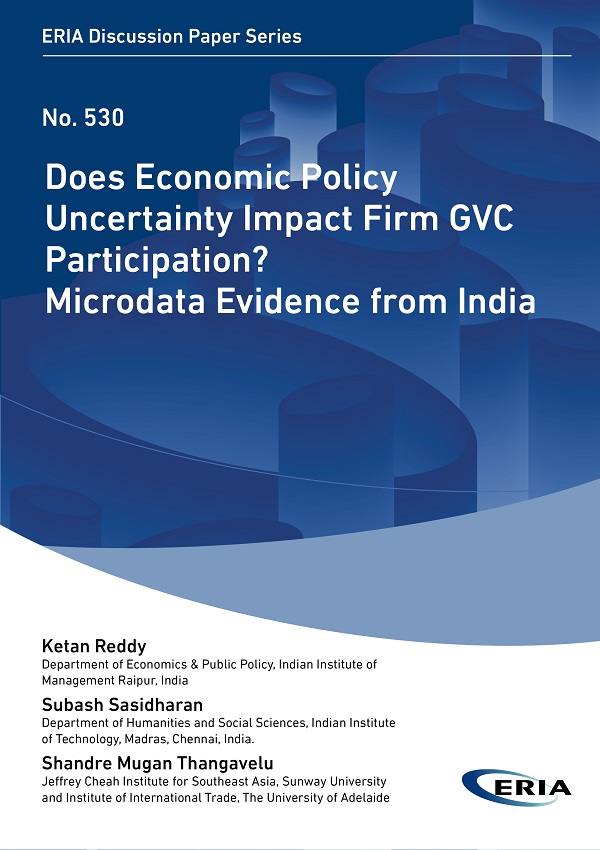
Research
Finance and Macroeconomy Fiscal And Monetary Policies | International Economic Integrations | Free Trade Agreements | Trade Barriers And Facilitation | International Investment Protection
ERIA looks into issues related to macroeconomic policies including fiscal policies, monetary policies, international economic integrations, free trade agreements, trade barriers, trade facilitation, and international investment protection. Additionally, ERIA also investigate impacts of globalisation, economic shocks, financial crises, and foreign output shocks, among many others. Furthermore, ERIA also conducts various research on social security system, country risk, regional cooperation, market integrations, exports and imports, and many more.






